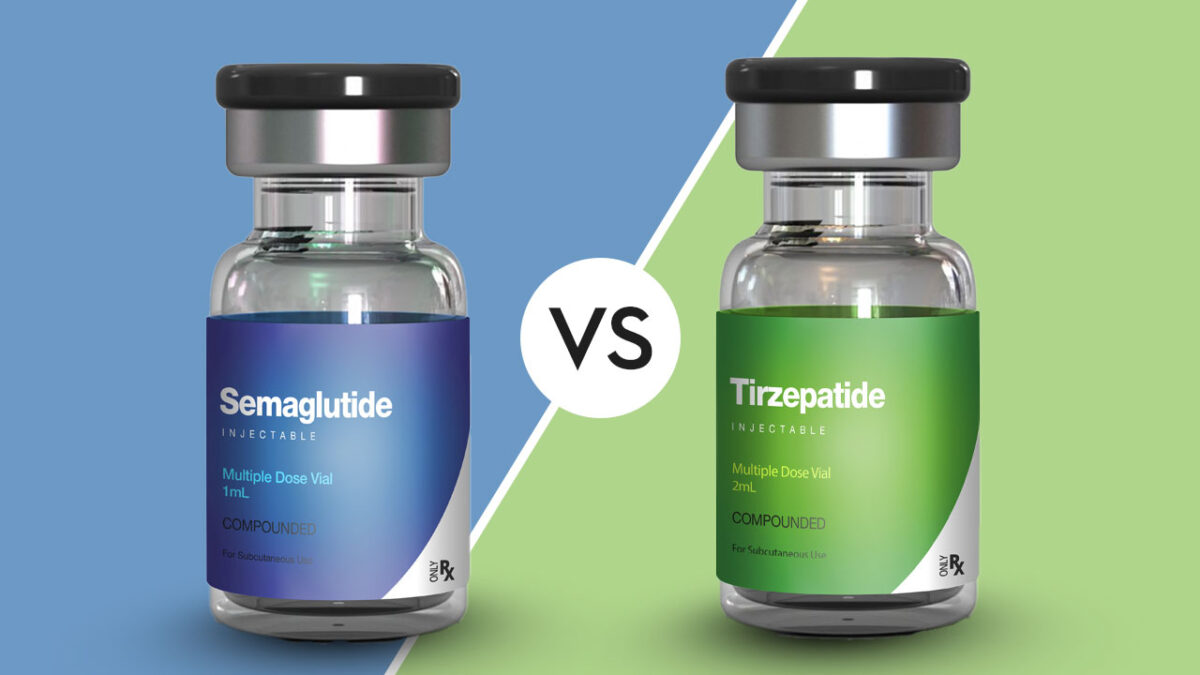- Courses
- GS Full Course 1 Year
- GS Full Course 2 Year
- GS Full Course 3 Year
- GS Full Course Till Selection
- Answer Alpha: Mains 2025 Mentorship
- MEP (Mains Enrichment Programme) Data, Facts
- Essay Target – 150+ Marks
- Online Program
- GS Recorded Course
- Polity
- Geography
- Economy
- Ancient, Medieval and Art & Culture AMAC
- Modern India, Post Independence & World History
- Environment
- Governance
- Science & Technology
- International Relations and Internal Security
- Disaster Management
- Ethics
- NCERT Current Affairs
- Indian Society and Social Issue
- NCERT- Science and Technology
- NCERT - Geography
- NCERT - Ancient History
- NCERT- World History
- NCERT Modern History
- CSAT
- 5 LAYERED ARJUNA Mentorship
- Public Administration Optional
- ABOUT US
- OUR TOPPERS
- TEST SERIES
- FREE STUDY MATERIAL
- VIDEOS
- CONTACT US
Why Maker of ‘Magic’ Weight-Loss Drug Semaglutide Wants Copies Banned
Why Maker of ‘Magic’ Weight-Loss Drug Semaglutide Wants Copies Banned
15-11-2024
- In November 2024, Novo Nordisk, the Danish pharmaceutical company behind the popular weight-loss drug Wegovy and diabetes treatment Ozempic, asked U.S. regulators to stop pharmacies from creating their own versions of these drugs.
- The company warns that compounded versions could be dangerous to patients.
What Are Compounded Drugs?
- Compounded Drugs are medications that are custom-made by a pharmacist to meet the specific needs of a patient.
- These drugs are not commercially available as ready-made products and are created by combining, mixing, or altering ingredients to form a medication as per an individual’s requirements.
- In the U.S., the Food and Drug Administration (FDA) allows the compounding of drugs.
- This means that licensed pharmacists or doctors can mix or adjust ingredients to create a medication for patients who need it, especially when the original product is not available.
- Wegovy and Ozempic, which both contain semaglutide, have been in high demand.
- As a result, many compounding pharmacies have started making their own versions of these drugs to meet patient needs.
- However, Novo Nordisk is concerned that these compounded versions could pose serious health risks.
Novo Nordisk's Concerns Over Compounded Semaglutide
- Over the past year, Novo Nordisk has filed more than 50 lawsuits against clinics and pharmacies that have been making and selling compounded versions of Wegovy and Ozempic.
- The company claims that these versions could be unsafe, citing reports of deaths and hospitalizations linked to these drugs.
- In October 2023, Novo Nordisk asked the FDA to place semaglutide on the Demonstrable Difficulties for Compounding (DDC) list.
- This would make it harder for pharmacies to create compounded versions of the drug, especially since the original version is still available.
Why Is Semaglutide So Hard to Replicate?
The company believes these drugs are difficult to make safely because of the following issues:
1. Complex Formulation:
- Semaglutide is made using yeast and recombinant DNA technology.
- This allows it to have special properties that are necessary for it to work effectively.
- Replicating the drug without these advanced processes can lead to:
- Differences in purity
- Less stability
- Reduced effectiveness
- The FDA-approved version of semaglutide contains specific components, such as a fatty acid that controls how long the drug stays active in the body.
- Compounded versions might not have this, meaning they could work less effectively.
2. Delivery Mechanism:
- The way a drug is delivered into the body is crucial for it to work properly.
- Semaglutide, in its FDA-approved form, uses an advanced delivery system that ensures the drug is released in the correct amount at the right time.
- FDA-approved semaglutide comes in a single-use pen injector, which ensures the exact dose is delivered.
- This system also helps prevent accidental overdosing.
- Compounded versions of the drug are often sold in multi-dose vials or prefilled syringes, which can lead to dosing mistakes.
- In one case, a man took 10 times the recommended dose, resulting in severe nausea and vomiting.
- Novo Nordisk argues that without a precise delivery mechanism, compounded semaglutide may not work as well and could be harmful.
3. Bioavailability:
- Bioavailability refers to how much of a drug gets absorbed into the bloodstream and works in the body.
- Semaglutide is naturally difficult to absorb, meaning its bioavailability is already low.
- If compounded versions of semaglutide aren’t absorbed properly, they might not have the intended effects.
- This is especially dangerous for patients with obesity or diabetes, as improper treatment could lead to serious health problems like heart attacks, strokes, nerve damage, kidney disease, or even amputations.
4. Contamination and Stability Risks:
- Compounding drugs requires special equipment and careful processes.
- If the equipment isn’t properly sanitized, the drug can become contaminated with harmful ingredients.
- Novo Nordisk has raised concerns about the sterility of compounded semaglutide, especially after finding cases where pharmacies failed to ensure their products were sterile.
- For example:
- In March 2022, the FDA found that a pharmacy had failed five times to maintain sterility in injectable drugs, leading to the recall of over 15,000 semaglutide units.
- A similar recall occurred in August 2023 for the same reasons.
- Additionally, semaglutide is a temperature-sensitive drug, which means it must be stored carefully.
- Storing it at temperatures above 30°C can cause it to lose its effectiveness.
- However, some compounded versions have been improperly stored, with instructions advising patients to either keep the drug at room temperature or even freeze it, which can make it unstable.
What is the FDA's Role?
- The FDA is responsible for deciding whether semaglutide should be placed on the DDC list.
- Drugs placed on this list cannot be compounded easily, especially when a commercial version is available.
- If the FDA agrees with Novo Nordisk's request, it would be harder for pharmacies to produce their own versions of Wegovy and Ozempic, protecting patients from the potential risks of compounded drugs.
Conclusion
Novo Nordisk is working to protect patients by stopping the production of compounded versions of its drugs Wegovy and Ozempic. The company argues that these versions are not as safe or effective as the FDA-approved versions. The concerns about contamination, incorrect dosing, and poor bioavailability highlight the potential dangers that compounded semaglutide could pose to patients. By asking the FDA to restrict compounding, Novo Nordisk hopes to reduce the health risks associated with these unapproved versions and ensure that patients get safe and effective treatments for weight loss and diabetes.




